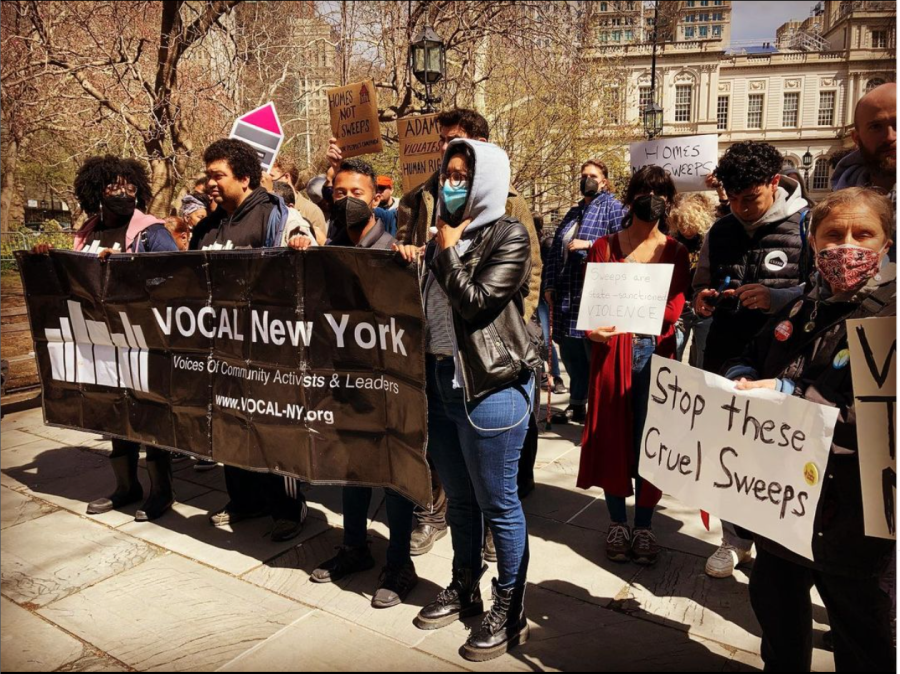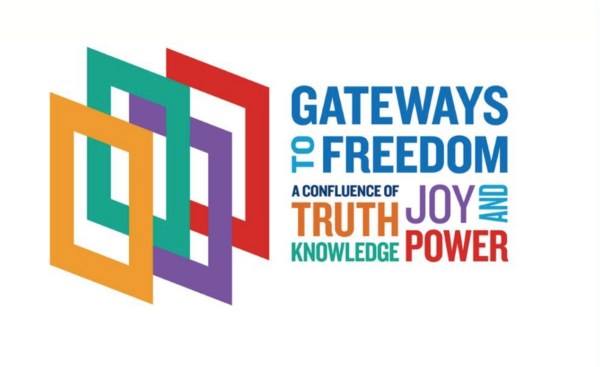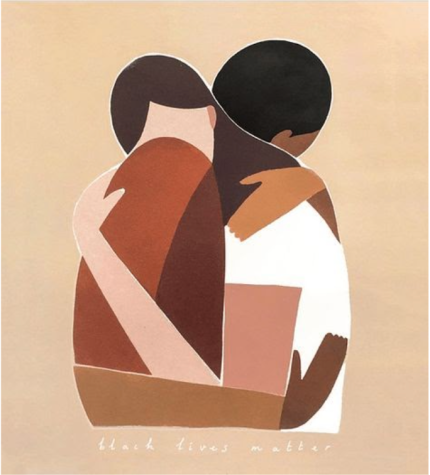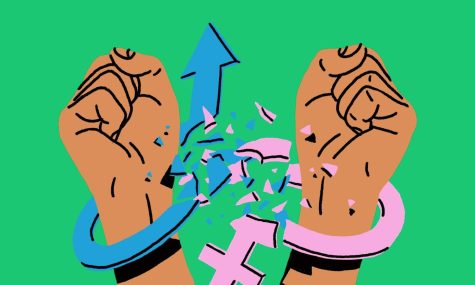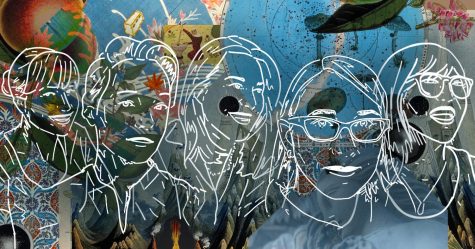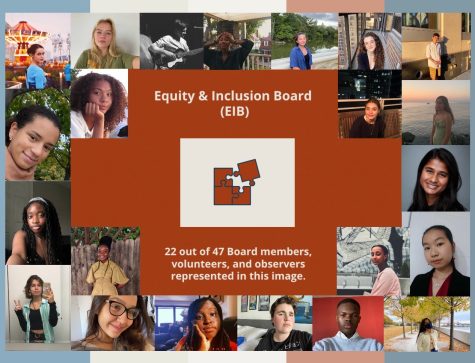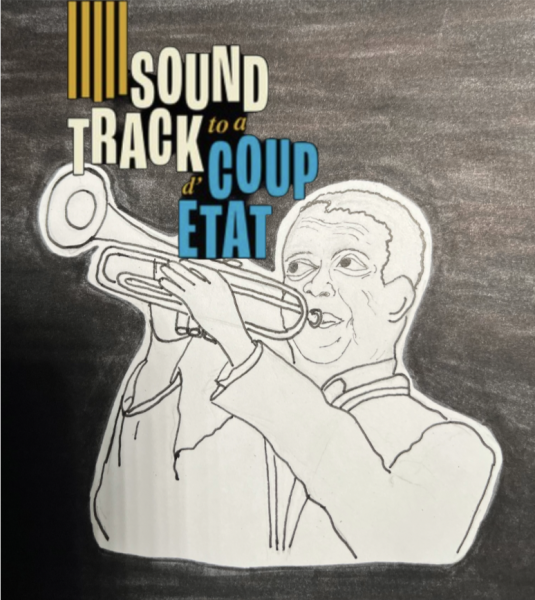Call to Action: Eric Adams and our Unhoused Neighbors
The relevance of mutual aid during a time of crisis
Photo by Jeremiah Moss (@vanishingny)
A protest in City Hall Park against Mayor Adams’ sweeps.
In an interview with The New York Times in March, Mayor Eric Adams vowed to “rid [homeless] encampments off our street and […] place people in healthy living conditions with wraparound services,” within two weeks. In practice, this has resulted in massive displays of violence against the city’s homeless population—a problem that is seen, first and foremost, as a housing problem. Countless videos have circulated of the aggressive destruction of these encampments, leaving many New Yorkers without any semblance of shelter during last week’s cold temperatures. Accounts have risen of tents and belongings being thrown, indiscriminately, into DSNY trash vehicles, showing the NYPD and DSNY’s disregard for the material and emotional significance that these actions have towards our houseless neighbours.
To many, the current actions are not surprising; sweeps like these are a consistent and significant part of the violence continuum found in NYC’s embarrassing management of houseless people. Houseless people already lack the most basic material necessities, yet continually and resourcefully adapt to the demands of their environments. While shelters remain a severely limited option, a significant population of homeless people that reside (or resided) in these shelters complain about the lack of humane conditions—both physical and social— provided to them by the shelter staff. Many people who reside in shelters are kicked out for mundane reasons, or in fact, would rather live on the streets than in shelters.
While the city raises the Department of Corrections budget from $800 million to $1.2 billion, around 18% of New Yorkers live below the poverty line. While Mayor Adams tries to arm the NYPD with drones— each drone costing around $70,000 to $100,000 and a potential breach of privacy— he avoids providing a comprehensive plan on how to deal with the city’s homeless problem in a nonviolent and productive manner. While Mayor Adams parties with comedians and musicians at One Vanderbilt to inaugurate a new Wells Fargo credit card —a company that is, by the way, a top investor to fossil fuel companies— NYC Parks Department tries to shut down the mutual aid group at Washington Square Park—a grassroots group that simply distributes food, tents, and other basic necessities to those who need them.
The city recently boasted about new shelters being built, while neglecting the fact that it already has around 2,500 apartments dedicated to housing homeless people that are left unoccupied because of bureaucratic procedures and understaffing of the NYC Human Resources Administration. Moreover, there are countless unoccupied apartments or units in NYC that can very easily host the entire homeless population. The point is, we don’t need to construct more housing, we need better and more equitable access to housing, so that people experiencing homelessness may have options to shelter with dignity.
Houseless people are stigmatized on the largely unfounded premise that they are violent and dangerous. At best, this is an overgeneralization. Saying this neglects the underlying structural conditions that lead people to having to be part of underground economies and illicit activities to survive. Furthermore, we frequently ignore the violence that is conducted against homeless people. Just last month, three people were murdered simply because they were homeless. Additionally, when we talk about “violence,” rarely do most people think of structural violence— thoughts stray directly to fistfights and gunfights— but in actuality, there is nothing more violent than the NYPD destroying housing systems and leaving people to freeze at night while the mayor cuts $615 million from homeless services in the name of efficiency.
To support our houseless neighbors, the easiest thing to do if you wish to engage indirectly is to donate to mutual aid groups, such as those linked at the bottom of this text. Efforts supporting mutual aid organizations should be given more serious consideration than charity. The reason for this is simple: Homeless people not only lack basic physical necessities, but, because of widespread and structural anti-homeless sentiment (extremely evident now), many lack even the most basic social relations with housed people. In contrast with the acts of a charity that would simply donate supplies to certain people, mutual aid groups work to actively build and uphold healthy relationships with the people to whom the supplies are being given, thereby creating a more inclusive and supportive community.
Furthermore, mutual aid operations deconstruct the stigma behind anti-homeless prejudice and go a step further from working as if this prejudice does not exist, by taking an active role in combating it. In this same vein, charity frequently distinguishes between people who “deserve” donations and those who do not, regardless of whether this is the original intention. Conversely, acts of mutual aid refuse to make this categorization—through mutual aid, everyone is valid and deserving— and operate in such a way that prevents this false categorization from becoming more harmful. Of course, forms of mutual aid may share characteristics with charity, and vice versa, but the point is that the goal of helping other people should be informed by compassion, friendship, and community.
The UNIS website states that
UNIS students are committed to the spirit of the UN Charter by:
- Demonstrating respect for human rights
- Demonstrating respect for the principle of equal rights irrespective of race, gender, sexual orientation, language, or religion
- Developing skills for the peaceful resolution of conflict
- Practicing tolerance and living together in peace
- Understanding individual responsibilities within society
- Understanding the relationship between rights and responsibilities
- Acquiring knowledge of universal ethics
- Providing leadership that demonstrates awareness of ethical and moral issues.
It is not an understatement to say that the city’s current plans for managing homelessness do not match these values. Because of this, it is imperative for the UNIS community to engage in helping—even indirectly— the local houseless community. After all, the UNIS mission statement encourages its students to create a better, more peaceful, sustainable, and compassionate world. This is not a political statement, nor one that violates any policy of political neutrality; this is social justice—now, more than ever, is when the concept of “human rights” we spend so much time talking about in school comes into play. A failure to act only confirms that what we call “human rights” is not, and has never been, universal.
The main groups that are currently on the ground working together with the displaced are:
East Village Mutual Aid,
Contact: [email protected] or @eastvillagemutualaid on Instagram.
Donate through eastvillagemutualaid on Venmo.
WsP Mutual Aid,
Contact: @wspmutualaid on Instagram.
Access: @WSPMutualAid | Linktree
North Brooklyn Mutual Aid (specifically for Greenpoint and Williamsburg),
Access: North Brooklyn Mutual Aid
Or, @northbrooklynmutualaid | Linktree.
Alternatively, you may reach out straight to the author ([email protected]) if you would like more resources or information.



